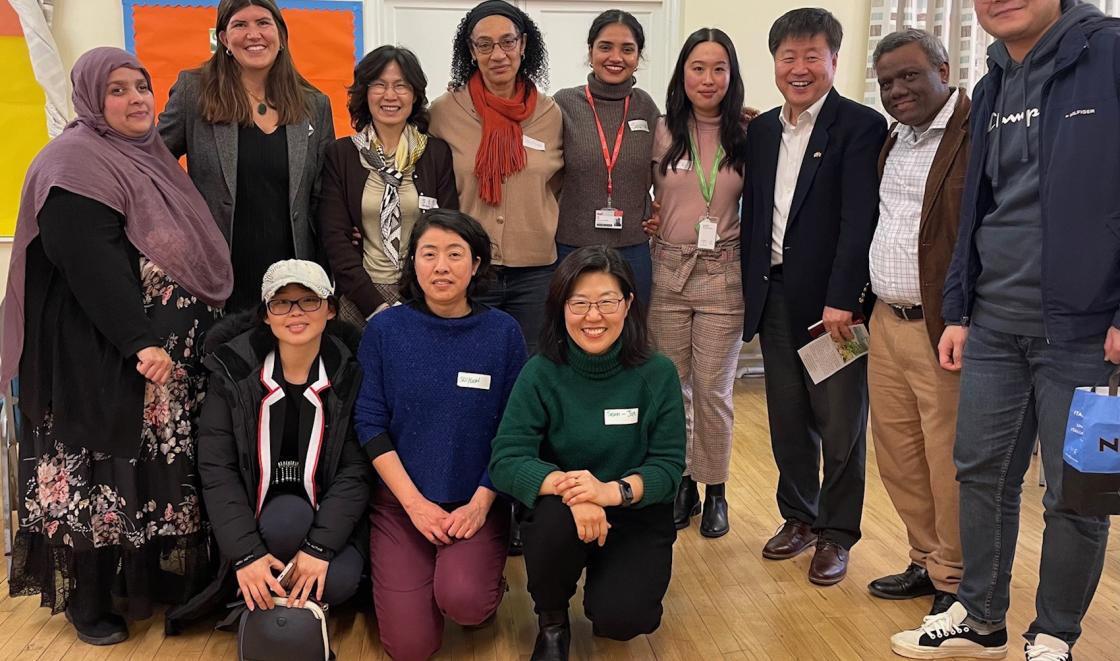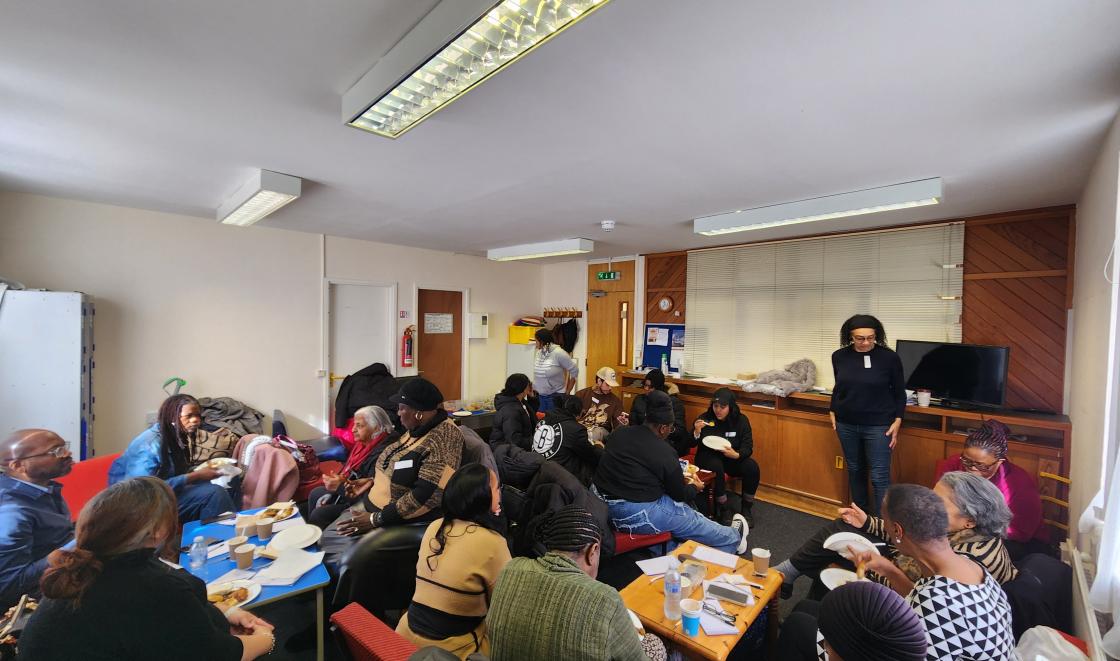What is the health problem?
People from Black, Asian and minority ethnic groups in the UK experience stark inequalities within the mental healthcare system. They are:
- More likely to be diagnosed with a severe mental illness (Halvorsrud et al 2019)
- Over four times more likely to be detained under the Mental Health Act than White people
- Over eleven times more likely to be subject to a Community Treatment Order (NHS Digital (2022)), under which patients can be recalled to hospital if they refuse treatment
People from Black, Asian and minority ethnic groups are also less likely to access mental health services and are underrepresented within mental health research.
Dr Josephine Ocloo, senior researcher on the project at King’s College London, says: “People from Black and Asian backgrounds are less likely to be invited to get involved with health research – both clinical and qualitative – but are more likely to have a worse experience of healthcare and to be disproportionately affected by health inequalities. That ultimately impacts on the services we provide”.








